Bachelor of Arts with a Major in English
English majors receive advanced training in scholarly, creative, and technical writing, professional editing, literary analysis, cultural and historical studies, and critical thinking. You’ll become a sophisticated reader, writer, and editor of texts.
While other majors may provide you with skills related to a specific vocation, English majors are equipped to be adaptable for work in many different career fields. Recent graduates in English have been admitted into law school and graduate schools in English, Creative Writing, Professional and Technical Writing, and Education. English majors secure jobs in a variety of fields, including all areas of business (such as marketing, communications, and public relations), computer-related fields, editing and publishing, public and private education, library sciences, and creative writing.
The major in English prepares you for the real world, where the demand is for graduates who can read and write effectively, adapt nimbly to changing situations, and work creatively and intelligently on their own.
For more information, please see the Academic Catalog. A program map, which provides a guide for students to plan their course of study, is available for download in the Courses tab below.
The B.A. program in English offers courses that enable students to develop skills in written discourse, to comprehend the defining traits of major literary genres, to understand the history of literature, to interpret texts in light of pertinent critical perspectives, to acquire proficiency in scholarly research, and to relate the facts and ideas of the discipline to other fields, particularly in the Humanities.
For those preparing for graduate school or careers in professional writing, editing, and publishing, specialized courses are available in literary studies and writing. Many of the advanced electives within the program are appropriate choices for the Bachelor of Interdisciplinary Studies as well as many minors.
Preparation for the English major begins in the Field of Study (FoS) with a total of 18 hours consisting of a combination of 2000-level English courses and a 1002 foreign language course (French/German/Spanish).* English majors are no longer required to take 2000-level foreign language courses. After finishing the FoS for the major, students complete 30 hours of upper division English courses. English majors are also encouraged to add minors in Africana Studies, Creative Writing, Gender and Sexuality Studies, Film, and Women’s Studies. The Publishing and Editing Certificate provides essential skills and career preparation for a variety of relevant fields.
English at UWG also offers an accelerated BA/MA in English (the ABM) as well as several graduate certificates and a standalone MA program that allows completers to teach lower-level college courses.
*Note: The prerequisite for SPAN/FREN/GRMN 1002 is SPAN/FREN/GRMN 1001. English majors should take SPAN/FREN/GRMN 1001 in core IMPACTS areas I (Institutional Priorities) or A (Arts and Humanities). Students who have had at least three years of high school Spanish, French, or German may be able to test directly into SPAN/FREN/GRMN 1002 via the Language Placement Exam administered by the International Languages and Cultures program. Consult the ILC website or speak with an advisor for details.
Career Opportunities
Link to Additional Career Information:
https://www.glassdoor.com/blog/jobs-for-english-majors/
External Resource
Program Location
Carrollton Campus
Method of Delivery
Most classes are face-to-face
Accreditation
The University of West Georgia is accredited by The Southern Association of Colleges and Schools Commission on Colleges (SACSCOC).
Credit and transfer
Total semester hours required: 120
This program may be earned entirely face-to-face. However, depending on the courses chosen, a student may choose to take some partially or fully online courses.
Save money
UWG is often ranked as one of the most affordable accredited universities of its kind, regardless of the method of delivery chosen.
Details
- Total tuition costs and fees may vary, depending on the instructional method of the courses in which the student chooses to enroll.
- The more courses a student takes in a single term, the more they will typically save in fees and total cost.
- Face-to-face or partially online courses are charged at the general tuition rate and all mandatory campus fees, based on the student's residency (non-residents are charged at a higher rate).
- Fully or entirely online course tuition rates and fees my vary depending on the program. Students enrolled in exclusively online courses do not pay non-Resident rates.
- Together this means that GA residents pay about the same if they take all face-to-face or partially online courses as they do if they take only fully online courses exclusively; while non-residents save money by taking fully online courses.
- One word of caution: If a student takes a combination of face-to-face and online courses in a single term, he/she will pay both all mandatory campus fees and the higher eTuition rate.
- For cost information, as well as payment deadlines, see the Student Accounts and Billing Services website
There are a variety of financial assistance options for students, including scholarships and work study programs. Visit the Office of Financial Aid's website for more information.
Coursework
English majors must make a C or better in all English courses required for the major. This includes ENGL 1101, ENGL 1102, ENGL 2001, ENGL 2110, ENGL 2120, ENGL 2130, ENGL 2180, and ENGL 2190, as well as all upper-level ENGL courses that count toward the major. English majors can take no more than 2 upper-level ENGL courses toward the major (6 credit hours) before completing the required 2000 and 3000-level courses.
Downloads
Major Required
Composition course focusing on skills required for effective writing in a variety of contexts, with emphasis on exposition, analysis and argumentation, and also including introductory use of a variety of research skills.Prerequisites: All English as a Second Language students must have exited from all English as a Second Language courses. All learning support students must have completed all reading and writing required remediation.
A composition course that develops writing skills beyond the levels of proficiency required by ENGL 1101 that emphasizes interpretation and evaluation, and that incorporates a variety of more advanced research methods.Prerequisites: C or better in ENGL 1101. Completed ENGL 1101 within the past five years. Passed the home institution's computer literacy requirements.
A course that introduces students to the conventions of poetry, fiction, non-fiction, drama, and film with the goal of developing collegiate-level reading and interpretation skills. Required for English majors. May count for credit in Area C.2.
A survey of important works of world literature. Required for English majors. Course equivalents ENGL 2111 and ENGL 2112.
A survey of important works of British literature. Required for English majors.
A survey of important works of American Literature. Required for English majors. Course equivalents ENGL 2131 and ENGL 2132.
An examination of representative African-American literary texts, with particular attention to the defining aesthetic principles of the tradition.
An exploration of significant literary texts by female authors, with particular attention to the emergence of what might be called a female aesthetic and issues of gender identity.
A gateway course that introduces students to representative critical approaches that they will encounter in the major. Emphasis will be given to research skills, methodology and analytical writing. Required for the major and minor in English. Only six hours of upper division work may be taken before the completion of this course. Enrollment requires permission of academic coordinator. Not offered in the summer session.
Topics rotate: Medieval Literature: An examination of medieval English literature in its various aspects, considering texts intheir historical context. Renaissance Literature: An investigation of Renaissance literature in its various aspects, including, but not limited to, poetry, prose, and drama, and a consideration of that literature as a part and product of its historical period. Seventeenth Century British Literature: An investigation of significant issues, themes, and ideologies in selections of seventeenth-century British literature studied in terms of their original cultural context. Eighteenth Century British Literature: A topic-centered examination of drama, fiction, poetry and other textual expression from Restoration and eighteenth-century Britain. Works may be studies in their historical, political, cultural and aesthetic context.
Topics rotate: British Romanticism: An investigation of issues, themes, and ideologies in selections of British Romantic literature studies in terms of their original cultural context. Victorian Literature: An in-depth analysis of Victorian literature in its original historical, political, cultural and aesthetic contexts. Twentieth-Century British Literature: An in-depth examination of selected twentieth-century texts from the British Isles studied in the context of relevant social, political and cultural issues. Contemporary British and American Literature: An examination of selected texts produced in the last thirty years in the British Isles and the United States.
Topics rotate: Colonial and Early American Literature: An examination of representative literary works from exploration and discovery through the era of the new American republic. American Romanticism: An examination of representative American literary works from the nineteenth century through the Civil War. American Realism and Naturalism: An examination of the American literary arts based in an aesthetic of accurate, unromanticized observation/representation of life and nature that flourished in the post-Civil War era.
Topics Rotate: Twentieth-Century American Literature: An in-depth examination of ideas and issues prevalent in twentieth-century American literature in its historical, political, cultural and aesthic context. Contemporary British and American Literature: An examination of selected texts produced in the last thirty years in the Brish Isles and the United States.
A capstone seminar designed to integrate students' learning in the discipline. Required for the English major. Not offered during the summer session.
Major Selects
English majors are not required to have a minor. In addition to the 30 hours of Major courses, Students are required to complete 30 hours of Minor and/or General Electives. 9 hours must be in 3/4XXX courses; Education certification may count required education courses in this area.
An examination of significant philosophical, literary, and filmic texts in terms of their thematic and/or conceptual interconnections. Same as PHIL 3160.
An introduction to the genre-specific workshop in either fiction, poetry, creative nonfiction, screenwriting, or play writing. May be repeated up to 6 hours as topics vary. No more than 2 courses may be counted toward the major in English. Pre-requisites: ENGL 2060 or XIDS 2100 (The Creative Process).
An introduction to American studies as an area of critical inquiry, including a study of the theories and methods used in the field and readings of significant works that have shaped it. Required for the minor in American Studies. Same as HIST 3300. (No more than two [2] 3000-level courses may be counted toward the major in English.)
An introduction to Africana studies as an area of critical inquiry, including a study of the theories and methods used in the field and readings of significant works that have shaped it. Required for the minor in Africana studies. Same as HIST 3350.
This class introduces students to representative philosophies and pedagogical approaches to meaningful practice in the instruction of writing. Built-in components include research as well as reflective and theoretical writing.
Intensive practice in composing powerful audience-driven documents in a variety of real-world business, professional and technical contexts. Students will also learn how to make effective business-related presentations supported with appropriate documentary and visual aids.
This course is designed to help students become proficient in the technologies useful in classrooms and in the work world that editors and writers will encounter. As such, its content will change as new technologies develop and are adopted in these arenas. Students in the course will demonstrate familiarity with the kind of technologies useful to editors and writers in the classroom and work world; apply these technologies to common tasks, such as creating a document, editing a file, developing a slide show, building a simple website, populating a spreadsheet, developing a web page, sending an email, or flowing a manuscript into a proof; and choose the correct technology for the task assigned.
An intensive examination of the formal, social, cultural and historical contexts of a single literary genre as well as the theoretical concerns that underlie its analysis. May be repeated for credit as genre or topic varies. Students may enroll up to three semesters.
This course will emphasize the development of the British novel from the seventeenth century through the present or the American novel from the late eighteenth century through the present in relation to literary, cultural, intellectual, technological, and aesthetic changes in Britain or America.
An examination of films as texts through historical, aesthetic, thematic, and/or cultural questioning and analysis. Typical offerings may include Film and the Novel; Representations of Women in Film, Teen Cultures in Film, etc. May be repeated for credit as topic varies.
An examination of the African-American tradition in literature.
An examination of the literature of a specific region and the forces that shape its regional literary identity within the larger national contexts of the British Isles or the United States. Frequent offerings in Southern literature will rotate with other topics. May be repeated for credit as topic varies.
An investigation of aesthetic and cultural issues pertinent to the production of literature by women. Typical offerings will rotate among topics related to literature by women in the United States, the British Isles, or other parts of the world. May be repeated for credit as topic varies.
An examination of the career of a single literary figure in the context of literary history. Frequent offerings in Shakespeare and Chaucer will rotate with courses in a variety of other figures from several literary traditions. May be repeated for credit as topic varies. Shakespeare may be taken for up to six (6) hours, if topic varies, with department chair's permission.
An intensive writing experience in one of the following genres: fiction, poetry, creative nonfiction, screenwriting, or playwriting. May be repeated for credit as topic varies.
An examination of a wide range of literary texts appropriate for use in grades 7-12, focused so that students will develop an understanding of the basic reading processes, including reading assessment, comprehension strategies, and techniques for corrective reading, as well as a series of effective methodologies for promoting the critical appreciation of literature. Also covered are issues relating to the rights and responsibilities of various groups (including teachers, school administrators, and parents) involved in designing and implementing a literature curriculum.
A sustained analysis of a particular linguistic theme, an approach to, or a regional expression of the English language. Regular offerings in the history of the English language and its development from Anglo-Saxon to contemporary varieties of world English and in English grammar will rotate with other topics. May be repeated for credit as topic varies.
Advanced composition course focusing on syntactical and rhetorical skills necessary for effective communication in a variety of professional settings and disciplines. Students will study the principles of sentence construction and persuasion, and learn to perform structural and functional analyses of both in order to address particular audiences in specific situations. They will also explore the relationship between multimodality and accessibility in the creation and reception of meaning. Can be taken in lieu of ENGL 4300 for purposes of Publishing and Editing Certificate and English B.A., Education Track. Open to non-majors.
An examination of a particular facet of or approach to literary theory and/or criticism. Typical offerings may include History of Literary Theory, Cultural Studies, Feminist Theory, Comparative Literature, etc. May be repeated for credit as topic varies.
An examination of a topic in literature, theory, and/or writing that transcends the boundaries of the fixed curriculum. Typical offerings might include Literary Representations of the War in Vietnam, Nature Writing and the Environment, and Representations of Aging in Literature. Requires permission of the department chair to repeat.
This course is focused on introducing students to the world of publishing and professionalizing students as editors, helping students learn or hone the skills they ll need to edit (at all levels content, sentence, punctuation) their own and others work, and assisting them to develop documents and credentials to present to a potential employer.
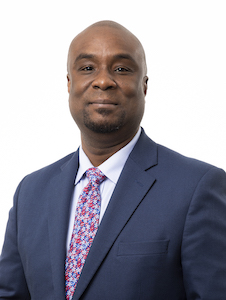
Stacy Boyd, Ph.D.
Associate Professor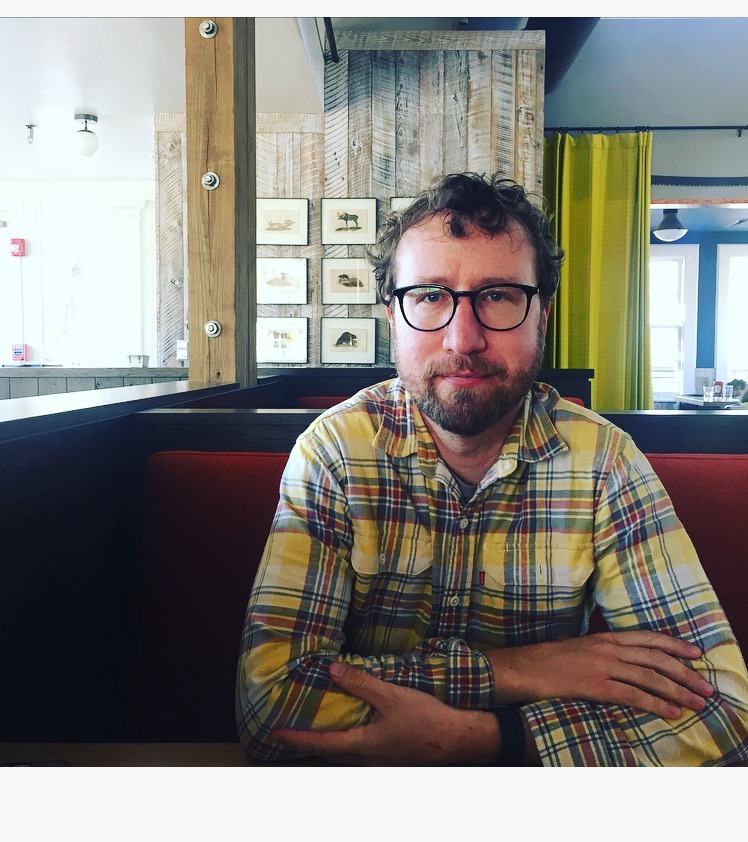
Kevin Casper, Ph.D.
Professor of English
Chad Davidson, Ph.D.
Executive Director of Global Engagements and Cultural Programming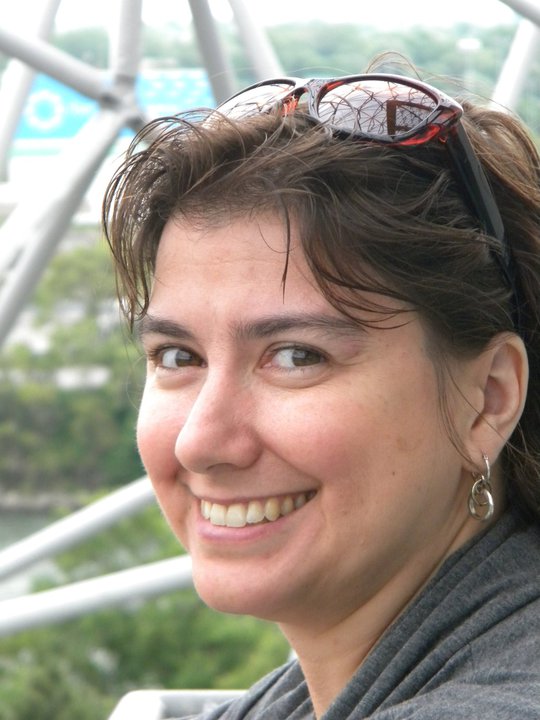
Maria Doyle, Ph.D.
Professor & Graduate Coordinator of English
Patrick Erben, Ph.D.
Professor & English Program Coordinator
Gregory Fraser, Ph.D.
Professor of English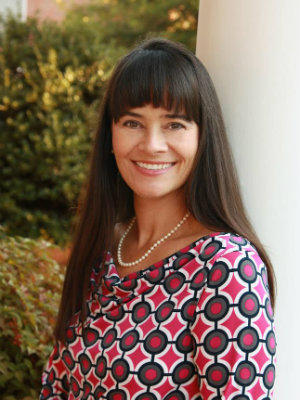
Rebecca Harrison, Ph.D.
Professor of English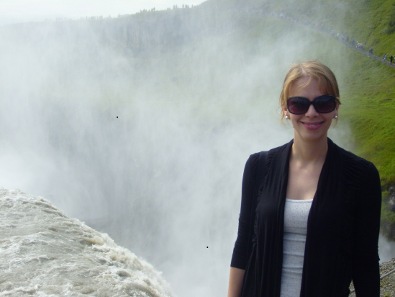
Leah Haught, Ph.D.
Professor of English & Coordinator for Publishing and Editing Certificate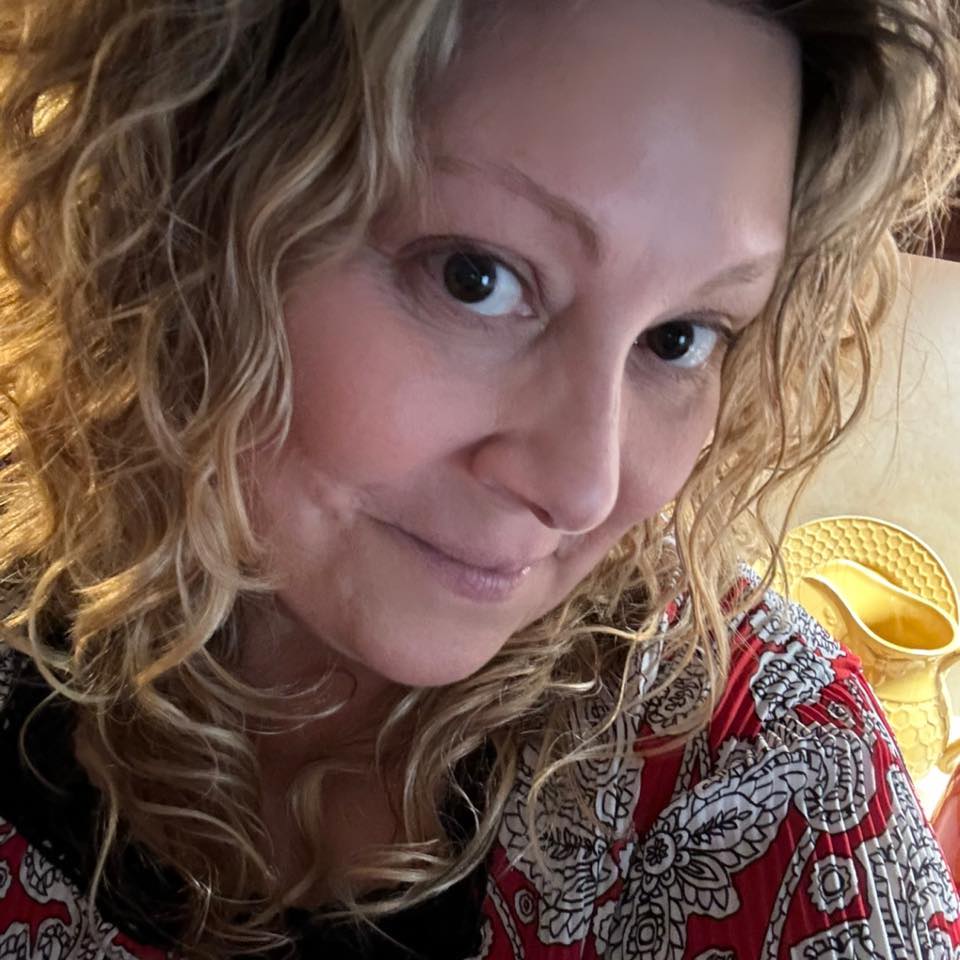
Angela Insenga, Ph.D.
Professor of English and Coordinator of Film Studies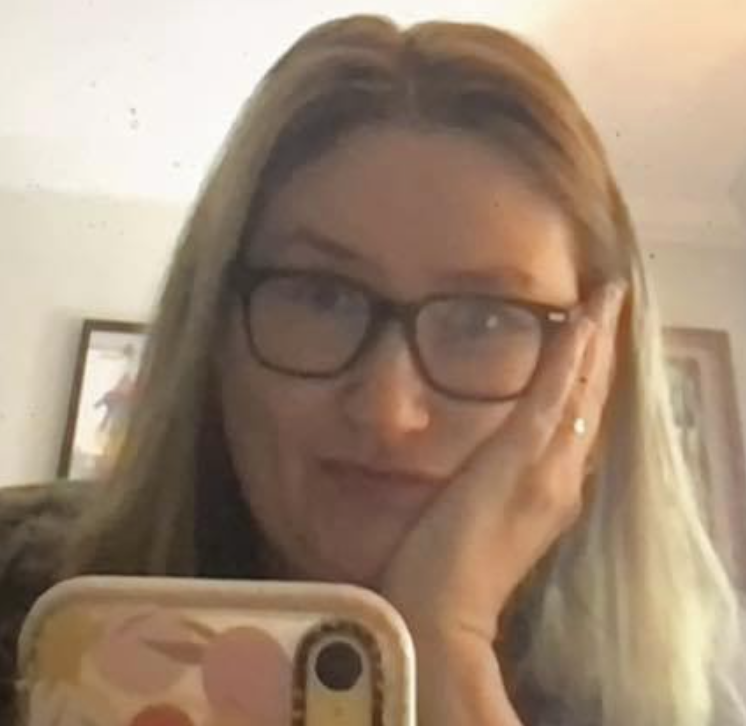
Laura Miller, Ph.D.
Professor of English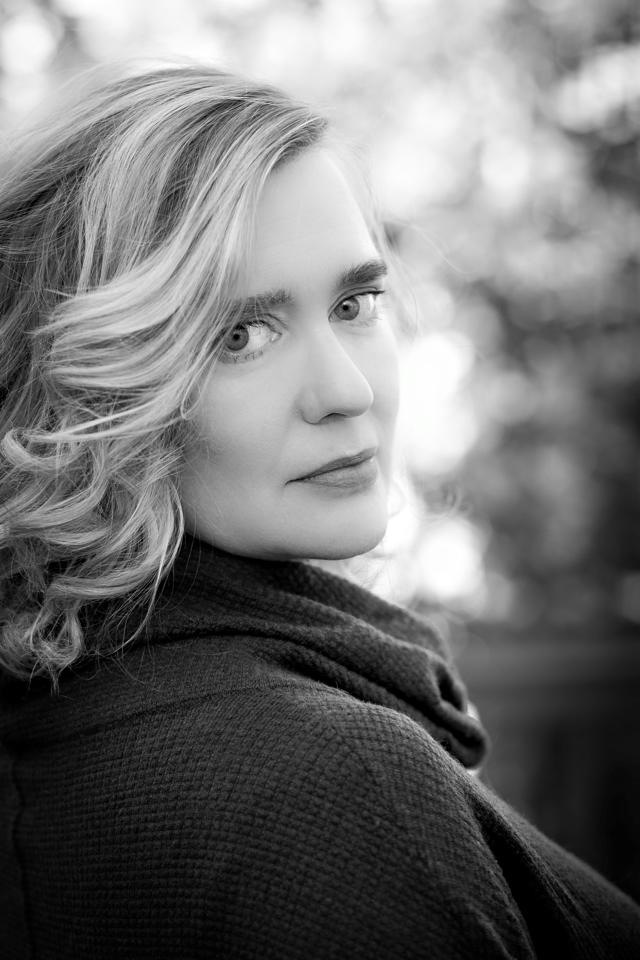
Margaret Mitchell, Ph.D.
Professor of English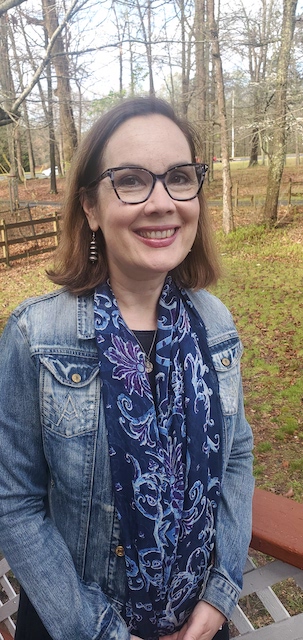
Alison Umminger, Ph.D.
Professor of EnglishGuidelines for Admittance
Each UWG online degree program has specific requirements that you must meet in order to enroll.
- Complete online application. A one-time application fee of $40 is required.
- Official transcripts from all schools attended. Official transcripts are sent from a regionally or nationally accredited institution.
- Verify specific requirements associated with specific populations identified here: Freshman Adult Learners Transfer International Home School Joint / Dual Enrollment Transient Auditor Post-Baccalaureate Non-Degree Seeking Readmission
Admission Process Checklist
- Review Admission Requirements for the different programs and guides for specific populations (non-traditional, transfer, transient, home school, joint enrollment students, etc).
- Review important deadlines:
- Fall semester: June 1 (undergrads)
- Spring semester: November 15 (undergrads)
- Summer semester: May 15 (undergrads)
See program specific calendars here
- Complete online application
Undergraduate Admissions Guide
Undergraduate Application
Undergraduate International Application - Submit $40 non-refundable application fee
- Submit official documents
Request all official transcripts and test scores be sent directly to UWG from all colleges or universities attended. If a transcript is mailed to you, it cannot be treated as official if it has been opened. Save time by requesting transcripts be sent electronically.
Undergraduate & Graduate Applicants should send all official transcripts to:
Office of Undergraduate Admissions, Murphy Building
University of West Georgia
1601 Maple Street
Carrollton, GA 30118-4160 - Submit a Certificate of Immunization, if required. If you will not ever be traveling to a UWG campus or site, you may apply for an Immunization Exemption. Contact the Immunization Clerk with your request.
- Check the status of your application
Contact
Specific dates for admissions (Undergraduates Only), go to: UWG Undergraduate Admission Deadlines
- Identify and assess the traditions, conventions, and contexts associated with the study of the English language and its literature.
- Apply critical thinking skills to the analysis, synthesis, and evaluation of information and ideas from diverse oral, written, and/or visual sources.
- Conduct research, develop organizational strategies, and compose professional documents using the academic conventions of English Studies as a discipline.
